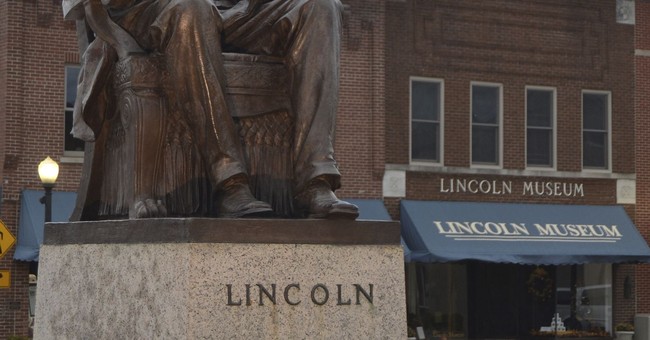
On Tuesday night, Boston’s arts commission took a vote on whether to remove a statue depicting a freed slave kneeling in front of President Abraham Lincoln.
The commission agreed unanimously to take it down.
As reported by The Associated Press, complaints were fielded about the Emancipation Memorial, otherwise known as the Freedman’s Memorial or the Emancipation Group.
The Emancipation Group Statue Will Be Removed, Boston Art Commission Unanimously Votes https://t.co/NOBhSpn1iN
— WBZ | CBS Boston News (@wbz) July 1, 2020
If it looks familiar to you, that may be due to its identical twin seated in Washington D.C., which was erected in 1876.
Boston’s came three years later.
The statue, of course, is meant to champion the freeing of America’s slaves. But some have slammed the portrayal of a black man kneeling before the nation’s white leader.
The commission’s vice chairperson, Ekua Holmes, described Tuesday’s events thusly:
“What I heard today is that it hurts to look at this piece, and in the Boston landscape, we should not have works that bring shame to any groups of people.”
In a statement, Mayor Marty Walsh called the situation “clear”:
“After engaging in a public process, it’s clear that residents and visitors to Boston have been uncomfortable with this statue.”
That clarity may have been helped by a 12,000-signature petition demanding the work of art’s demise.
And Tuesday’s decision has been brewing for quite a while.
From the AP:
The memorial has been on Boston’s radar at least since 2018, when it launched a comprehensive review of whether public sculptures, monuments and other artworks reflected the city’s diversity and didn’t offend communities of color. The arts commission said it was paying extra attention to works with “problematic histories.”
“As we continue our work to make Boston a more equitable and just city,” the mayor said, “it’s important that we look at the stories being told by the public art in all of our neighborhoods.”
Meanwhile, as covered by RedState’s Nick Arama, the original D.C. installation’s had some issues itself.
Case in point (Language Warning):
Protester at Emancipation Monument claims that they will be tearing down the monument Thursday at 7 PM.
Also calls for them to show up at Senator Mitch McConnell’s home. pic.twitter.com/LJ8e2f5KRG
— Richie🎥McG🍿 (@RichieMcGinniss) June 23, 2020
About the sculpture’s portrayed scene, Nick observed thusly:
Abraham Lincoln himself might not have liked the positioning since he believed that no man should kneel but before God, and specifically told a freed slave who fell to his knees to thank him not to do that, but to thank God instead.
The D.C. statue was payed for by freed slaves, and Frederick Douglass gave a speech at its unveiling.
But now, in Boston, something created on behalf of those liberated from bondage will be removed, it would seem, in their honor.
Whatever one thinks of the monument’s depiction, its inscription — evidently — is far from accurate.
It reads:
“A race set free and the country at peace. Lincoln rests from his labors.”
Lincoln may have rested, but as for the other thing, I’d say we’ve got a ways to go yet.
-ALEX
See 3 more pieces from me:
Hollywood Star Denzel Washington Recalls the Moment He Gave His Life to Christ
Find all my RedState work here.
And please follow Alex Parker on Twitter and Facebook.
Thank you for reading! Please sound off in the Comments section below.
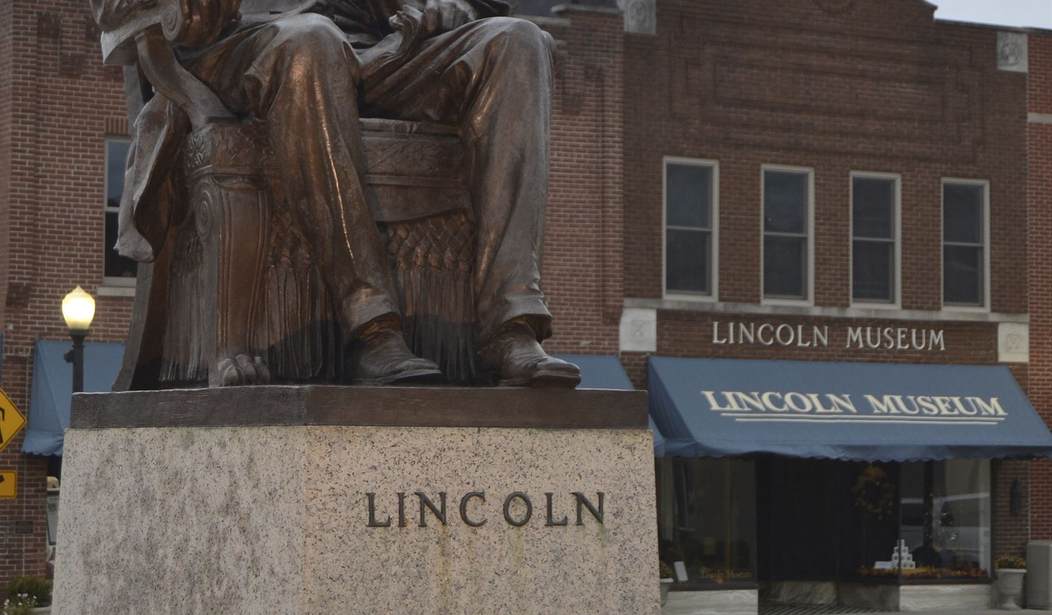
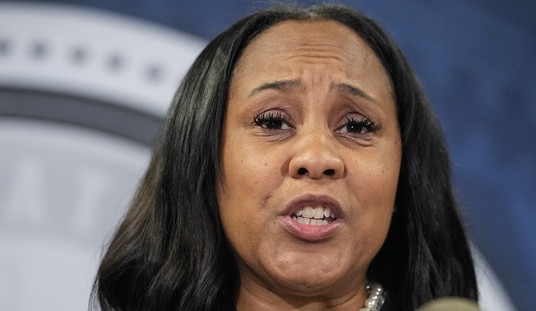
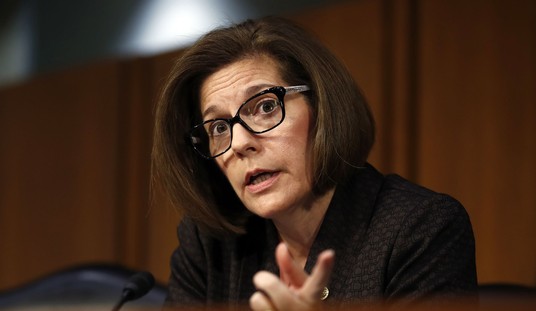

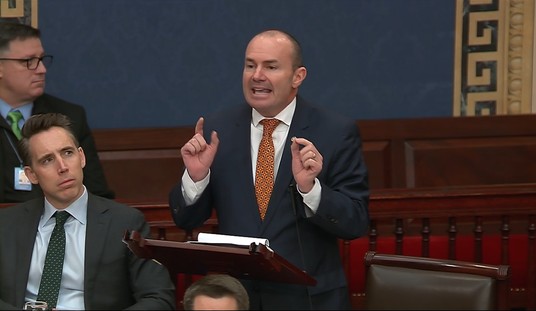



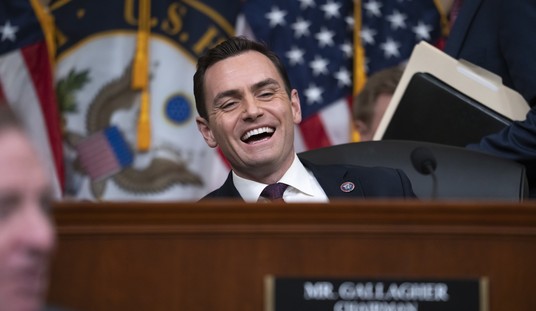
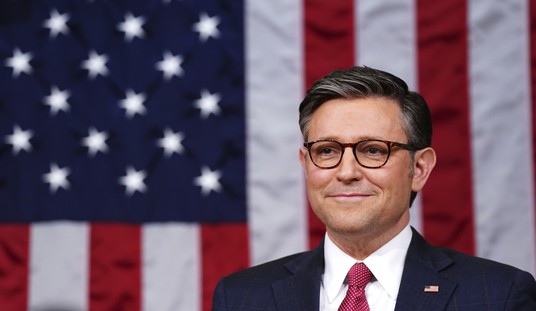
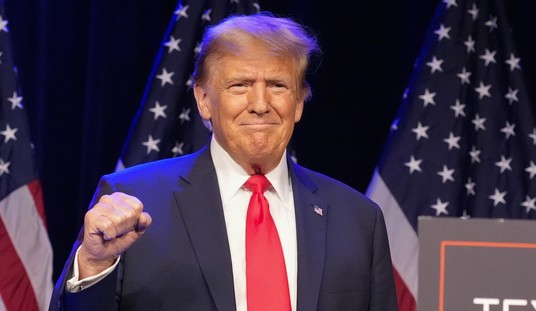

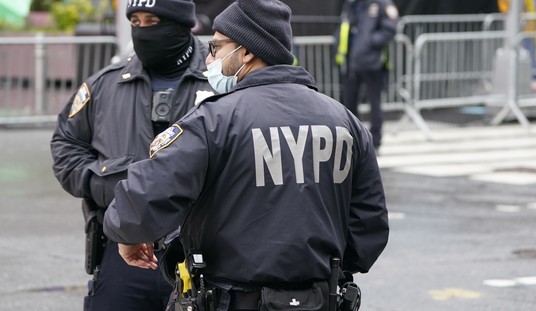
Join the conversation as a VIP Member